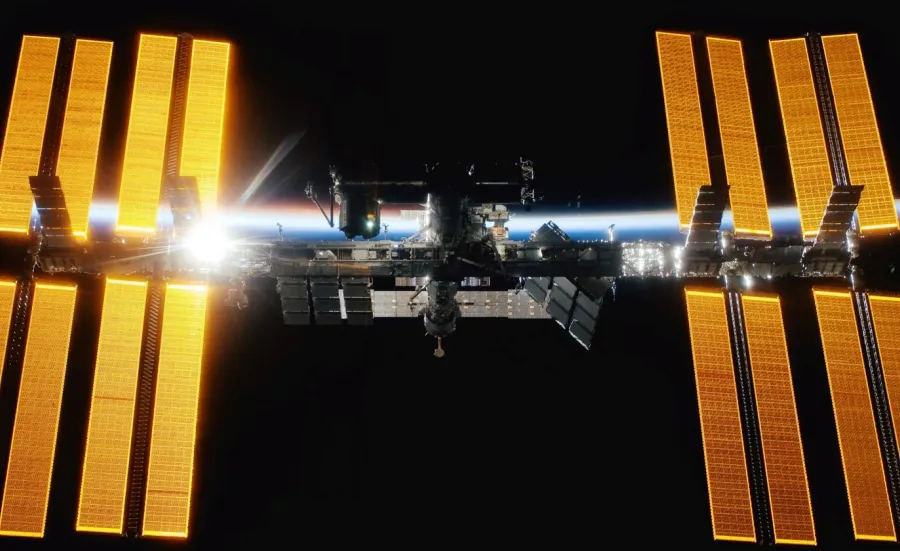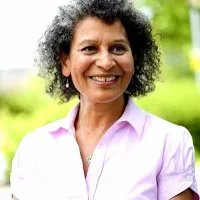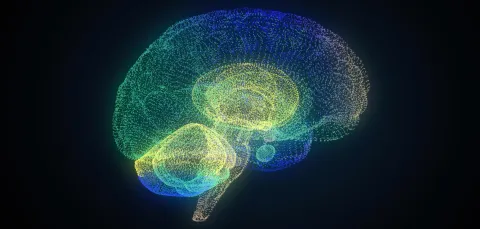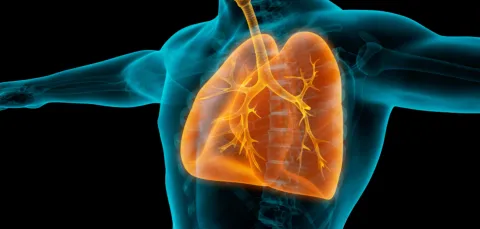Southampton health researchers identify 2 projects whose findings benefit one other: improving astronauts’ muscle health in space and facilitating virtual clinics here on Earth.
Monitoring astronauts’ muscles
The Active Living for Health research group and scientists from the Charité University Medicine Berlin in Germany are monitoring the muscle health of astronauts in space to combat loss of function.
The project is funded by the European Space Agency (ESA) and uses:
- the MyotonPRO - a hand-held device to measure muscle tone and stiffness
- ultrasound imaging to measure soft tissue thickness
This combination lets the team test muscles during a space mission which means exercises can be designed around individual astronauts.
Live interactions with the astronauts pose practical challenges like how to best explain
instructions and assist with testing by video link. This means that it’s very important to avoid any confusion that may lead to mistakes which prevent data from being valid. The video link to the International Space Station must also show astronauts from the right angle.
Maria also said "The astronaut Tim Peake was an excellent example of why this research is needed. He ran a marathon up in space, yet had difficulty walking when he got back to Earth. We need to develop methods to prepare astronauts more effectively for landing on a planet, whether that’s returning to Earth or landing on Mars.”
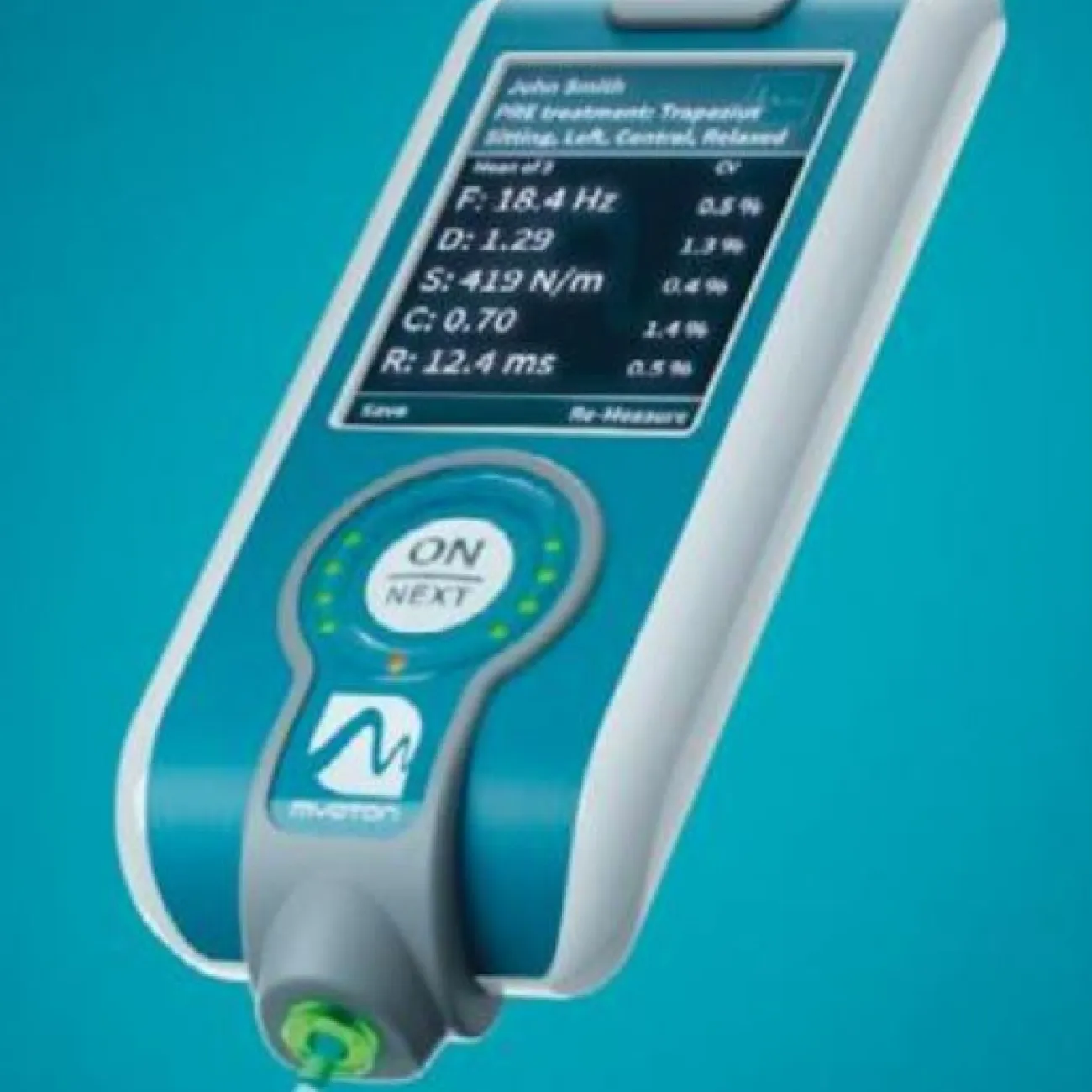
One result of this work is that these virtual techniques can benefit people on Earth sooner than expected. This is because of COVID-19 and the need for healthcare professionals to find other ways to consult with their clients.
Perfecting virtual clinics
In the pandemic, health clinicians like physiotherapists had to adapt quickly from in-person client meetings to virtual clinics.
Anthony Gilbert is a research physiotherapist studying the implementation of these kinds of virtual consultations. His work was fast tracked because of COVID - he had 11 days to roll out virtual physiotherapy clinics.
His research identified a number of learnings that can be used to improve training with astronauts in space as well as patients on Earth.
They include:
- making sure colleagues are available to fix technical issues
- using a room or space that is free from interruptions
- anticipating the equipment needed
- communicating the importance of attending scheduled sessions on time
- creating a way to share learnings
Helping people self-manage
Professor Maria Stokes concludes that “these 2 projects have reciprocal benefits that can be shared for improving the efficiency and effectiveness of virtual communication in research and day to day practice - both in space and on Earth.”
